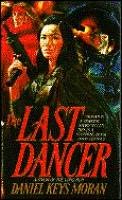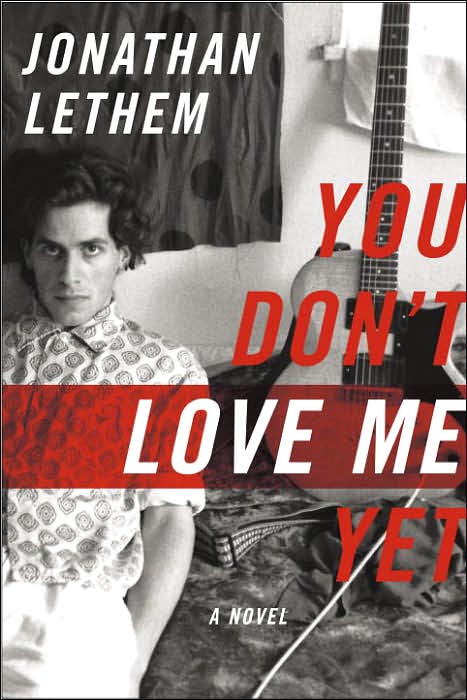
Whiskey and Water
Elizabeth Bear
Roc: 2007
Seven years prior to the beginning of Whiskey and Water Matthew Magus and Jane Andraste fought a war against Faerie. Jane attempted to rescue her daughter, Elaine, a half human / half faerie who was at the time the Seeker of the Daonie Fae. The result of this war was Matthew betrayed Jane, the Prometheans destroyed, Elanie took the throne of the Daonie Sidhe, Matthew was left powerless and with a crippled right hand, and an uneasy truce between the Faerie and the humans of the Promethean Club.
Seven years later a woman is murdered in New York City. This, in itself, would not be unusual, but the murder was clearly Fae. This with a truce that has kept Faerie out of New York for seven years. Matthew, the Protector of New York, needs to find the killer. Jane Andraste, still alive, is rebuilding the Promethean Club, presumably to restart the war against Faerie.
But, wait. There's more.
Elizabeth Bear brings back Elaine and Carel the Merlin, and Whiskey, and most (if not all) of the living characters of Blood and Iron. More than this, and much more interesting than this, Elizabeth Bear mixes in Christopher Marlowe, Lucifer, Satan, the Archangel Michael, a trio of human twenty somethings who want to be faerie, interfighting amongst the faerie, betrayal, Lucifer's yearning for heaven, magic, new mages, and does so in a way that feels entirely fresh and original.
The result?
One beautifully written book that at 431 pages could easily have been three hundred pages longer and have lacked for nothing. Isn't that what a novel should be? A complete story that leaves the reader wanting more? Whiskey and Water is exactly that.
While the set up of the novel leads the reader to expect the resumption of an active war between human and faerie, the execution is far superior to that. Elizabeth Bear tells a story about stories, about how all stories are true, even when they aren't. The telling and retelling of a story is what makes it true and makes it real. Devils who were not around before the story was told are now real.
One of the most fascinating aspects of Whiskey and Water is the existence of heaven and hell, only there is just one heaven but multiple hells depending on the devil. With Lucifer (Christopher Marlowe's Lucifer) as a major character we get to see a bit of the perspective of the other side and how Hell relates to human and faerie. It would have been very easy for Bear to simply make Lucifer a sympathetic character just for the sake of shock or to be contrary, but Lucifer, like nearly every single character in the novel is a fully realized character with his own motivations and his own goals and wishes. That's what is so remarkable here, Bear has created numerous distinct characters with distinct voices and traits. They act in ways that may not even be convenient for the story, but are necessary for the character to be real.
Whiskey and Water is an expansion of Blood and Iron and though Elaine Andraste is relegated to being a secondary character, the importance of what happened seven years prior can not be overstated. The changes in the characters from Blood and Iron to this novel make sense.
Simply said, after all this, Whiskey and Water is an outstanding novel. It surpasses the already excellent Blood and Iron and showed Bear's development in storytelling and character, and should be counted as one of the best novels published in 2007.
I can only hope that Elizabeth Bear is able to sell more of her Promethean Age novels. Two more are due to be published in 2008, set back in 16th and 17th Century England (which makes me guess that Kit Marlowe and Will Shakespeare will play major roles), with a third novel sold but not scheduled. This leaves 8-9 novels on Bear's chronology left unwritten and unsold. If Blood and Iron and Whiskey and Water are any gauge, and they should be, The Promethean Age could be one of the most oustanding fantasy series written and nearly every book would be standalone. I can only hope.



















